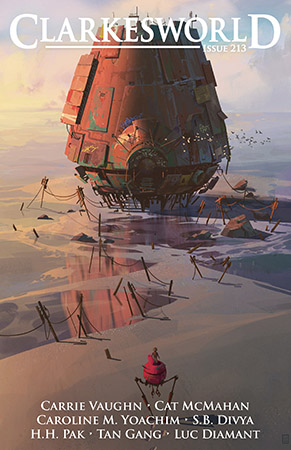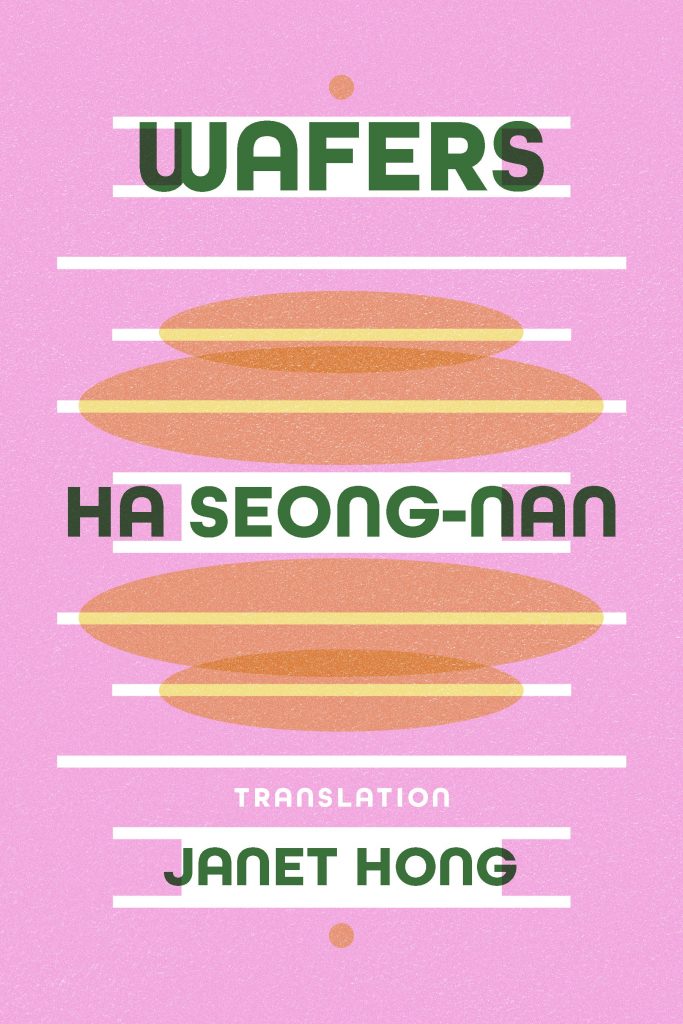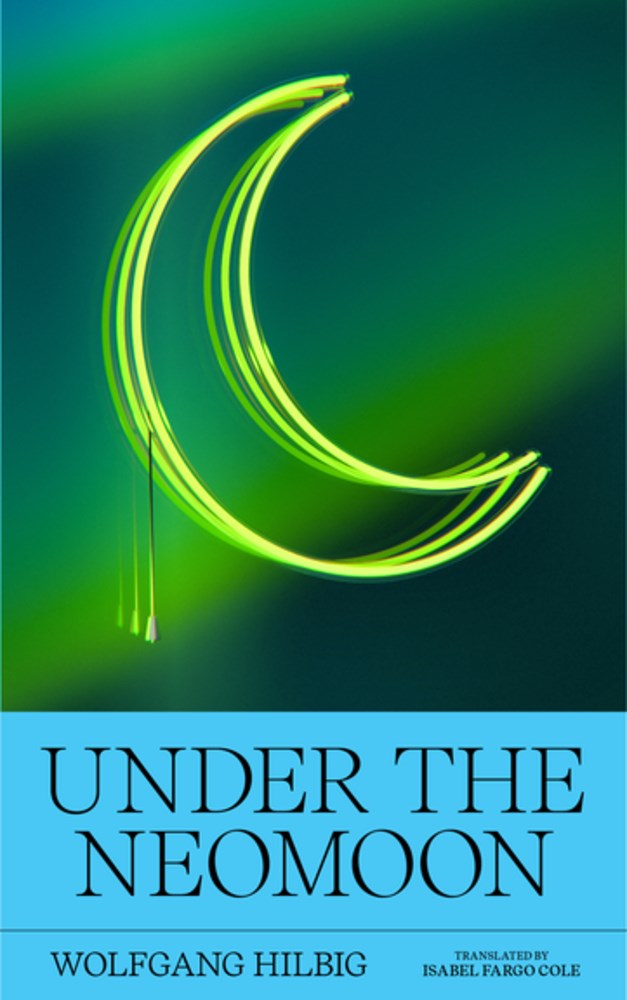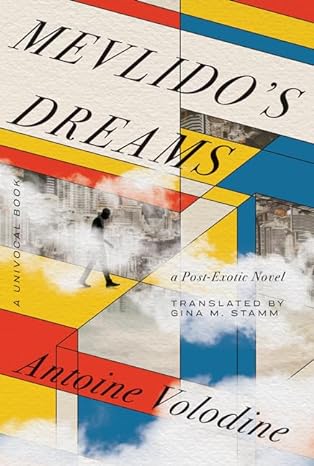
“The Reflection of Sand” by Tan Gang, translated from the Chinese by Emily Jin (Clarkesworld, June 1)

Wafers by Ha Seong-nan, translated from the Korean by Janet Hong (Open Letter, June 4)
This 2006 collection of short stories is in line with the unsettling, engrossing style of Ha’s other two collections that have been translated into English, the critical and commercial successes Flowers of Mold and Bluebeard’s First Wife. A best-seller in Korea, Ha Seong-nan is one of the stars of contemporary short fiction, writing edgy, socially conscious stories that bring to mind the novels of Han Kang and the film Parasite.

Under the Neomoon by Wolfgang Hilbig, translated from the German by Isabel Fargo Cole (Two Lines Press, June 11)
An electric collection that evokes the works of Andrei Tarkovsky and Ingeborg Bachmann, Under the Neomoon is a neon-bright reminder of humanity’s violent folly and the importance of storytelling from down below, from the wage worker’s hovel. An abandoned construction site. Glowering pits and furnaces. A lone man in a bungalow. Widely considered to be one of the great German writers of the twentieth century, Wolfgang Hilbig’s dark visions have long held readers aloft with their musical language and uncompromising vision of the modern world. In Under the Neomoon, his debut short story collection originally published in East Germany in 1982, Hilbig’s persistent fixations—factory pits, rampant nature, and split identities—are at their most visceral and brilliant.

Mevlido’s Dreams: A Post-Exotic Novel by Antoine Volodine, translated from the French by Gina M. Stamm (University of Minnesota Press, June 25)
A meditative, postapocalyptic noir, Mevlido’s Dreams is an urgent communiqué from a far-future reality of irreversible environmental damage and civilizational collapse. Mevlido is a double agent working for the police and living in the last habitable city on the planet, a sprawling abyssal ruin marked by war and ruled by criminals. Suspended in the bardo between his loyalty to the surveillance state and to the anarchists, communists, and other rebels he monitors, Mevlido clings to life and hope—barely—in the city’s vast slums, haunted by the memory of the wife he failed to save during the last war and dreaming of a mysterious mission he is told he must accomplish. At the same time, an enigmatic organization existing elsewhere—the Organs—observes Mevlido’s actions and debates its responsibility to him and to humanity as a whole
